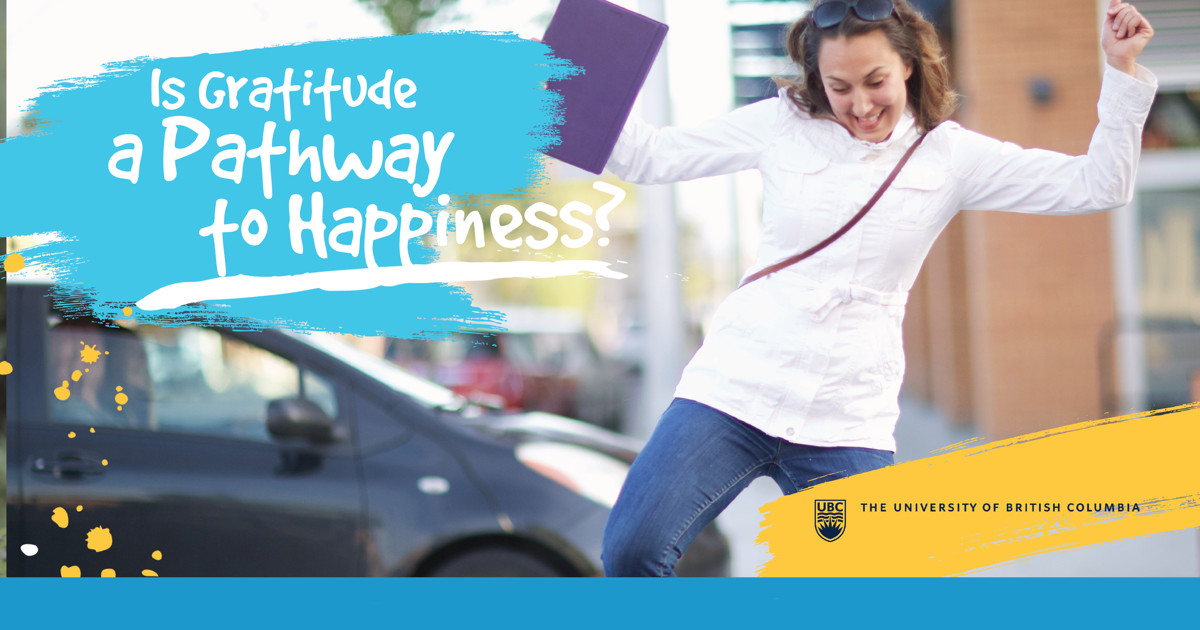Study confirms work and education crucial, but not enough for most vulnerable
Young people leaving government care are required to grow up faster than their counterparts who live with their families.
A recent UBC study has determined that children, who age-out of government care, would benefit from ongoing support at age 19 and older to strengthen their foundation as emerging adults.
Assoc. Prof. Shirley Chau, who teaches in the School of Social Work at UBC’s Okanagan campus, has recently completed a study examining youth who leave government care as young adults.
Children in care have experienced trauma that often impacts their psychosocial development, says Chau. Nonetheless, they are required to leave the care of the state at the age of 19 in spite of often needing further opportunities to enhance the skills necessary to become competent adults. Chau says these young people are required to grow up faster than those who live with their families.
“While education and employment continue to be key factors in securing housing, the evidence is pointing towards additional factors that contribute to youth homelessness,” says Chau, author of the recently published study.
The result of Chau’s research, sponsored by Economic and Skills Development Canada, is that youth leaving care would benefit from ongoing support to assist in the transfer of the skills necessary to secure and maintain housing.
Chau explains that most young people have access to supports that can provide ongoing coaching or supervision once they leave home. However, those who age-out of government care do not have this critical element available to them; the time, the support, the opportunity to learn and practice the skills until they are ready to be on their own.
The study concludes that some youth leaving care struggle with various tasks including how to find or maintain accommodation, understanding rental responsibilities, or navigating legal agreements.
“When these problems are compounded, the eventual outcome is financial stress and eventually the street,” says Chau, who adds that while the majority of youth in the study made the transition into adult housing, the experience of the minority is likely to continue if support is not in place.
“Young people leaving care should be offered the opportunity to remain in programs designed to assist them. This would afford them time to master essential life skills, gain life experiences, and learn more about themselves in order to become capable adults.”
Chau’s study was conducted with the participation of a Kelowna not-for-profit The Bridge Youth and Family Services. The study reviewed 20 years of case files (where names were not accessible) as well as in-person interviews of former youth participants some of whom subsequently experienced homelessness.
“Learning to manage life’s responsibilities is daunting for everyone,” says The Bridge’s Leigh MacLeod. “But it is a monumental task for these young people without the ongoing support of mentors to assist them in practicing the skills and building the social networks necessary for a competent transition to adulthood.”
—30—
The post UBC research examines ways to prevent youth homelessness appeared first on UBC's Okanagan News.
 UBC Okanagan is currently seeing a noticeable increase in the frequency of phishing and malware messages targeting UBC email addresses.
UBC Okanagan is currently seeing a noticeable increase in the frequency of phishing and malware messages targeting UBC email addresses.



